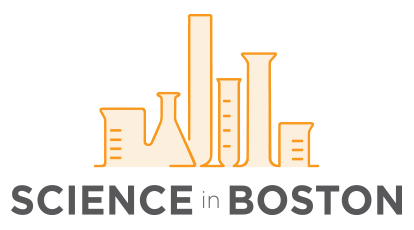In late January, just as he was stepping on stage to tape a TED video in New York, Jim Collins learned that the new respiratory virus discovered in Wuhan, China, was infectious in asymptomatic people. “I turned to the folks in the audience and said, ‘I think this is going to be really bad,’” recalls Collins, the Termeer Professor of Medical Engineering and Science in MIT’s Institute for Medical Engineering and Science (IMES), the Department of Biological Engineering, and an HST faculty member. IMES is HST’s home at MIT. Within weeks, he was charging ahead on multiple research fronts to help address the rapidly expanding threat of Covid-19, the disease caused by the SARS-CoV-2 virus. These efforts, focused on new technologies to deliver accurate Covid-19 diagnoses quickly and conveniently, have yielded an FDA-approved rapid test and a diagnostic mask, both made possible by the latest advances in CRISPR and machine learning, and a multidisciplinary team that leapt into action. “As the pandemic unfolded in February and early March 2020, more and more people wanted to do what they could to help out,” says Collins. “As a lab director, I began working to figure out how we could best contribute to fighting the pandemic.”

